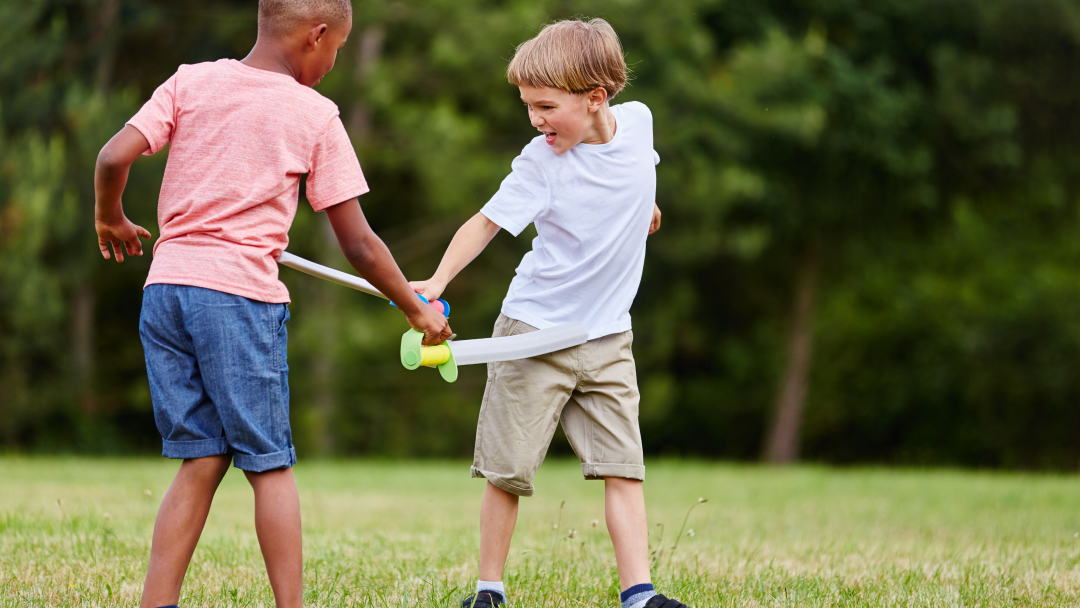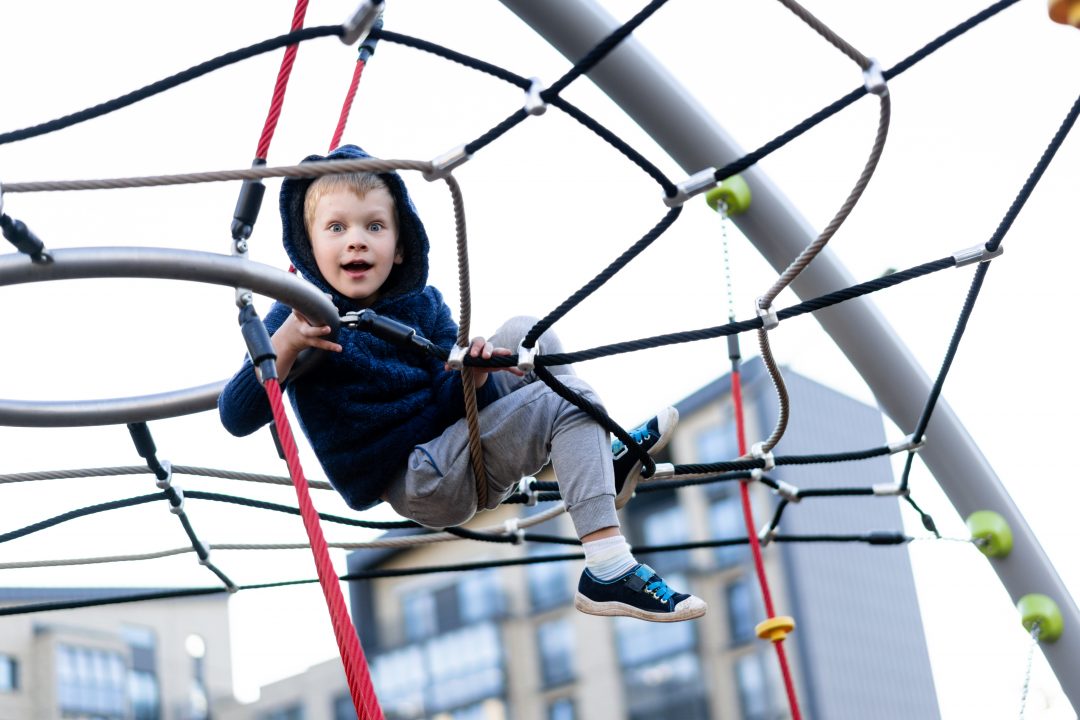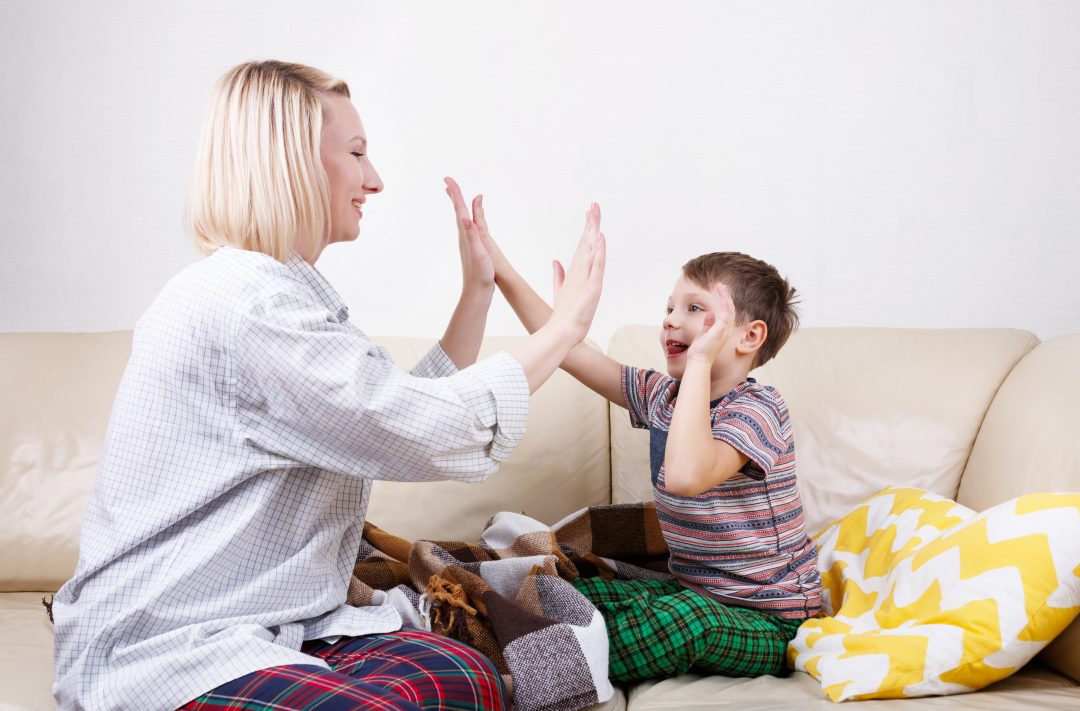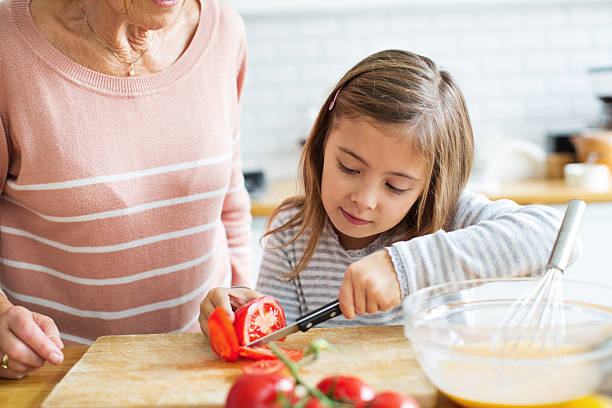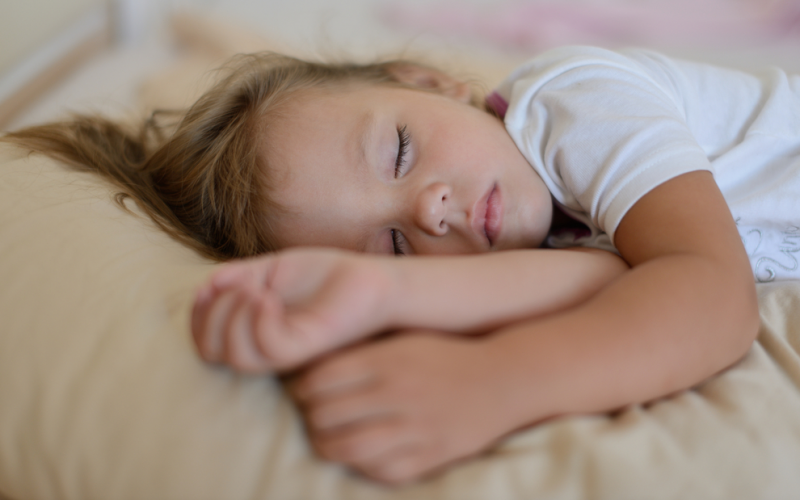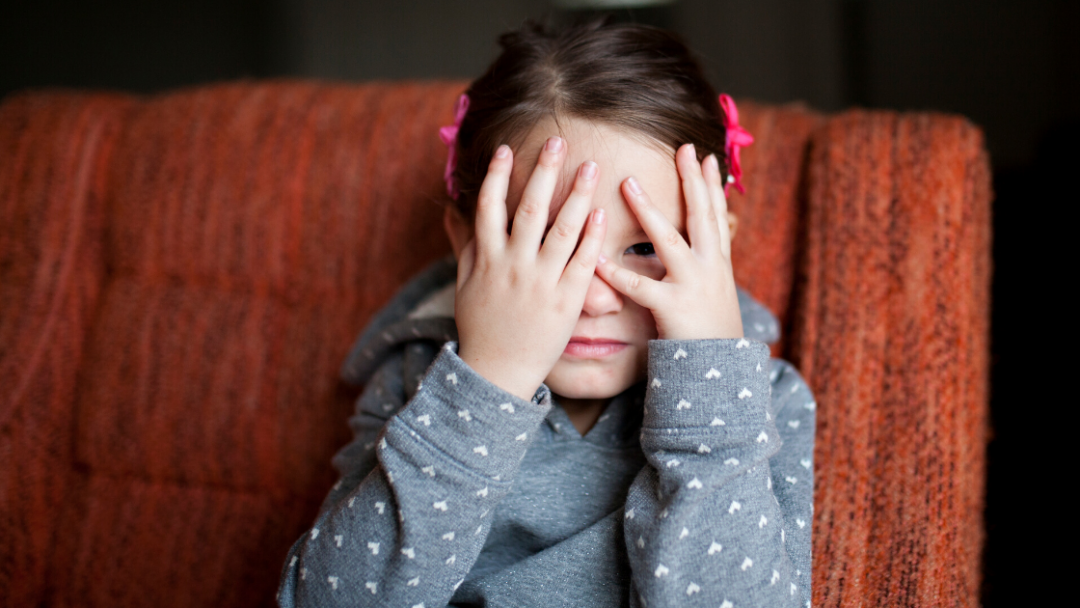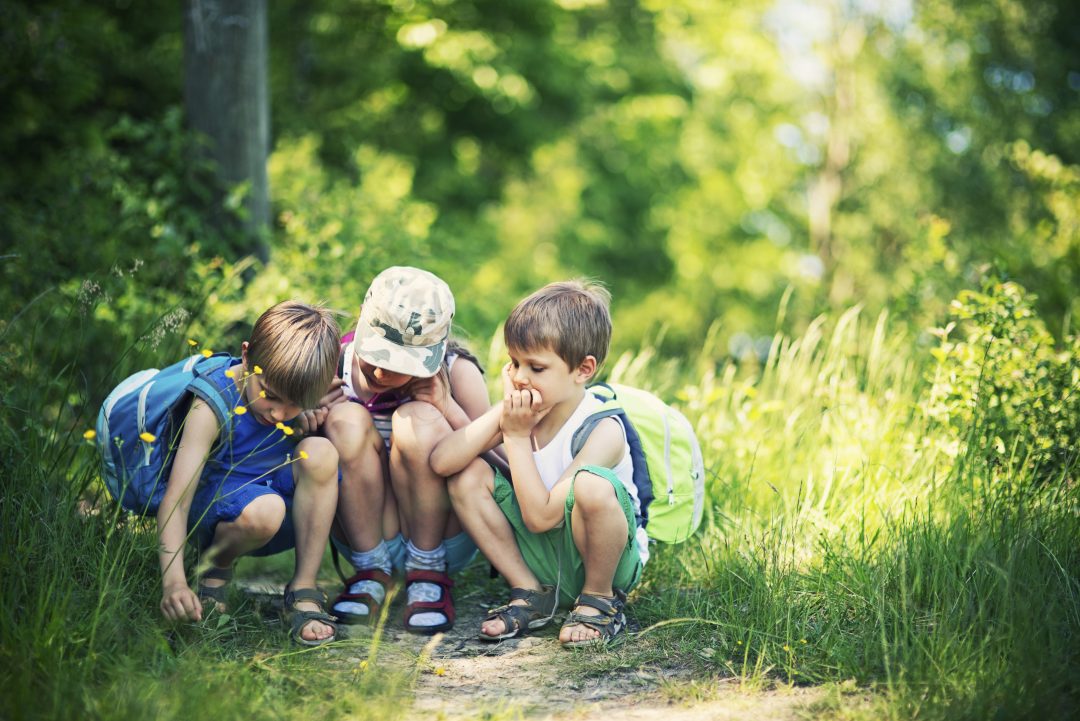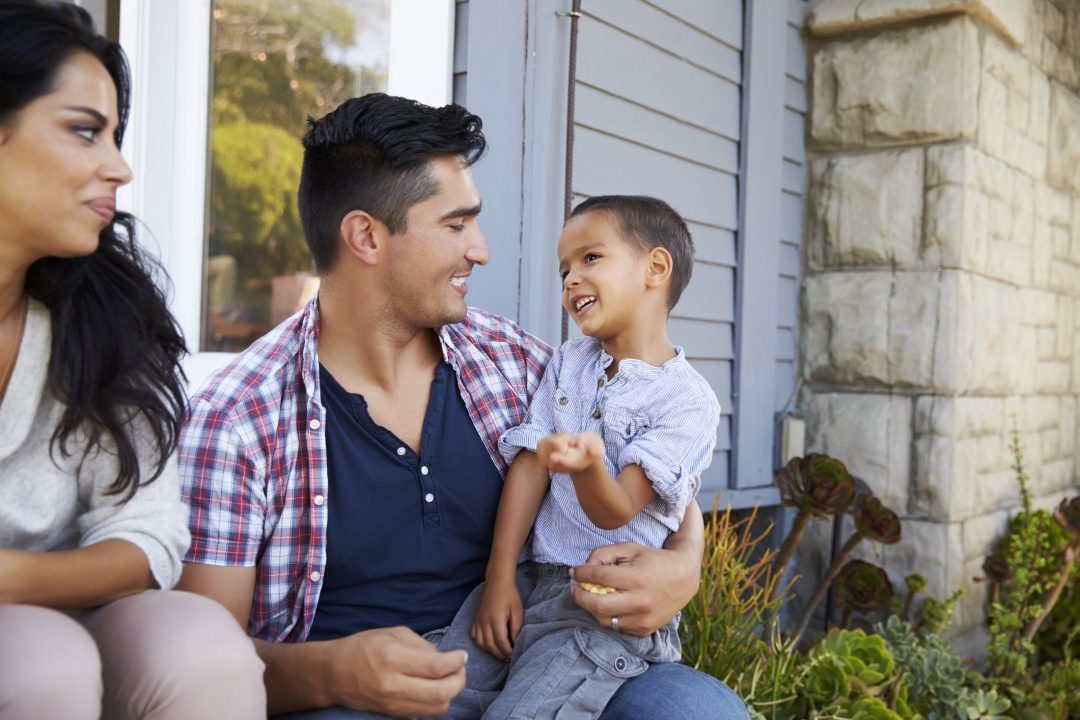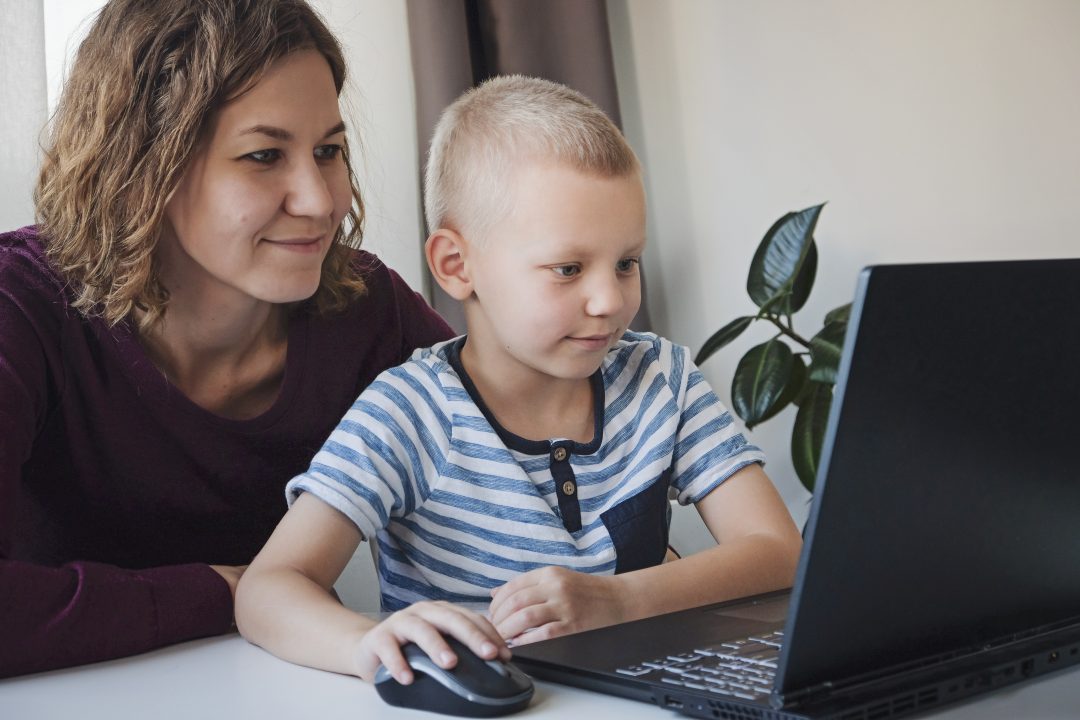Lessons from the Netherlands: Parenting without so much pressure
Categories: General Parenting
Can you imagine what it would be like to not feel guilty about how you parent?
Neither can we.
Would we even do anything? Guilt can be such an effective motivator, how on earth do you propel yourself through endless parenting tasks without the worry that you’ll incurably damage your child if you don’t stay on top of things?
On those long days where it feels like you’re hurtling from one responsibility to another, making decisions all the time (please can someone just TELL us the best thing to do, just ONCE?), trying to diligently address all your kids’ physical, social, emotional and educational needs is exhausting. But, maybe it doesn’t have to be this way. Maybe, when we look to other parts of the world, we can reassess what our role as parents should be, and just…stop.
Stop trying to do all those things.
In the Netherlands, parenting isn’t about the endless sacrifice of our own needs. It’s not about hovering and overparenting and it’s not about being distant and disinterested, either. It’s more relaxed, it’s simpler, and parents are not positioned as the directors of their children’s engagement with the world. This is not to say that family homes in the Netherlands are some sort of freewheeling carnival where kids run the show and parents just wander around in the background. In fact, a lot of Dutch households thrive on structure and routine. It’s unlikely that Dutch mothers are completely free from guilt about their parenting choices, either, because they are still human, after all! But, there are some things the Dutch do differently to those of us in the Western world, and they seem to take away a lot of the angst that comes with parenting our way. Here’s some examples:
Let them play
There seems to be an attitude among some parents in Australia and other Westernised countries that parents need to direct the way our children play so they can ‘get the most out of it’. We want to optimise everything, including play, and it’s actually not doing them any favours. ‘What play is, at its core, is a freely chosen activity,’ says ParentTV expert, Teacher Tom. ‘Play is what kids do when nobody is telling them what to do.’ It’s through this unstructured play that children explore, learn and develop, and they can do this better if we get out of their way. In the Netherlands, parents allow children to play for longer periods each day, until much later, in any weather and without intervening or even supervising much. Guess what? Their kids thrive in these conditions.The importance of open-ended and child-led play is echoed by another ParentTV expert, Lukas Ritson.
Our reflex as parents is to step in and try to help, extend or make something better but we can honour our children by moving aside and letting them try and do things themselves. We want to dictate play, but we only need to scaffold it. When we dictate it, we annihilate it.
Lukas Ritson
Let them take risks
Following on from that last point, children in the Netherlands will often play with neighbourhood kids unsupervised from as young as seven years old. To our cautious Western mindset, this seems immeasurable risky, but that’s actually the point. They need to take risks and we need to let them, because that’s how they learn. When we manage all the risks in life for our children, they can’t learn to make those assessments themselves. They have less understanding of their own boundaries and less confidence in their abilities. ‘Children can manage risks if they can see them. Frame and highlight the hazard and they will work out what to do about it,’ says Lukas Ritson. ‘We don’t need to tell them how.’ Teacher Tom agrees, saying ‘We live in a society that’s increasingly risk-averse. That makes it impossible to have a proper childhood. If we don’t let kids take risks and challenge themselves, how can they grow? They may get injured, but young kids are clearly designed to learn through their injuries. They’re low to the ground, they don’t have far to fall and when they do fall, they hardly ever hurt themselves. Their bones are flexible and they heal quickly.’
Let them have rest and routine
While they may be relaxed about a lot of things, Dutch parents are typically strict about sleep routines. They have a schedule for naps when children are younger and a bedtime that is set in stone. They might leave social occasions early to put kids to bed on time or decline invitations to go out if it coincides with nap time at home, because rest is sacred. Accordingly, Dutch children get more sleep and enjoy the developmental benefits of this as well as the comfort of predictability. Allison Davies, ParentTV expert and Neurologic Music Therapist and Brain Care Specialist, says that this is incredibly important for kids and helps them regulate emotions and lessen their anxiety.
A brain that can predict what will happen is a happy and relaxed brain.
Allison Davies
‘Repetition and routine is calming, as the brain doesn’t have to work out how to manage what’s happening. It already knows,’ Allison says.
Let them entertain themselves
‘What if, when your child says they’re bored, you just say ‘I love bored,’ and do nothing?’ asks ParentTV expert and Psychologist, Dr Vanessa Lapointe. This is something that a lot of Western parents can find challenging. We seem to equate ‘good’ parenting with giving our kids lots of fun, engaging and stimulating experiences, and we joke that we’re neglecting them if we’re not being their personal Designated Entertainment Officer (DEO) from the moment they wake up. But, in the Netherlands, parents don’t try to entertain their children in the same way, because they believe in the importance of free time for kids, where they can decide how to spend it. Schools even close early one day a week to facilitate this, and it’s far less common for kids to be shuttled around to numerous after-school activities in general. In all this free time, they might get bored, but then, guess what happens? They find something to do, and they expand their imagination, creativity, sense of self and independence.
We want our kids to be bored. When kids are bored, they problem-solve. When kids are bored, they get creative and head into situations that might have otherwise been unpalatable to them.
Dr Vanessa Lapointe
‘It’s in the quiet stillness of boredom that children can actually hear themselves and connect with who they really are. It’s in the quiet stillness of boredom that children can begin to emerge with curiosity, a sense of exploration and adventure, and begin to take on things in life that they may otherwise not have brushed up against,’ says Dr Lapointe.
We could go on and on! In the Netherlands, children learn to question authority and advocate for themselves from a young age. They receive early comprehensive sexuality education. Food and meals are simple and everyone eats together, all the time. Birthday parties are low-key, and kids are generally not pushed academically. Dutch parents take time for themselves and don’t feel guilty about it, from all accounts. Imagine! They understand, as ParentTV expert Sandi Phoenix says, that ‘We’re all better parents when we have full cups ourselves.’
So, whatever your views on the Dutch approach to parenting, there’s definitely food for thought in examining how they do it. The experience of parenting can look very different when the position description changes and we stop trying to curate our kids’ experience of childhood, and instead, just host it. If we reassess which of their needs we actually need to be responsible for meeting, it seems likely that we’ll shrug off a bit of the parental stress that Western parents tend to carry.
So, Kom tot rust (relax) and have a kopje thee (cup of tea). You’re already doing an excellent job!

